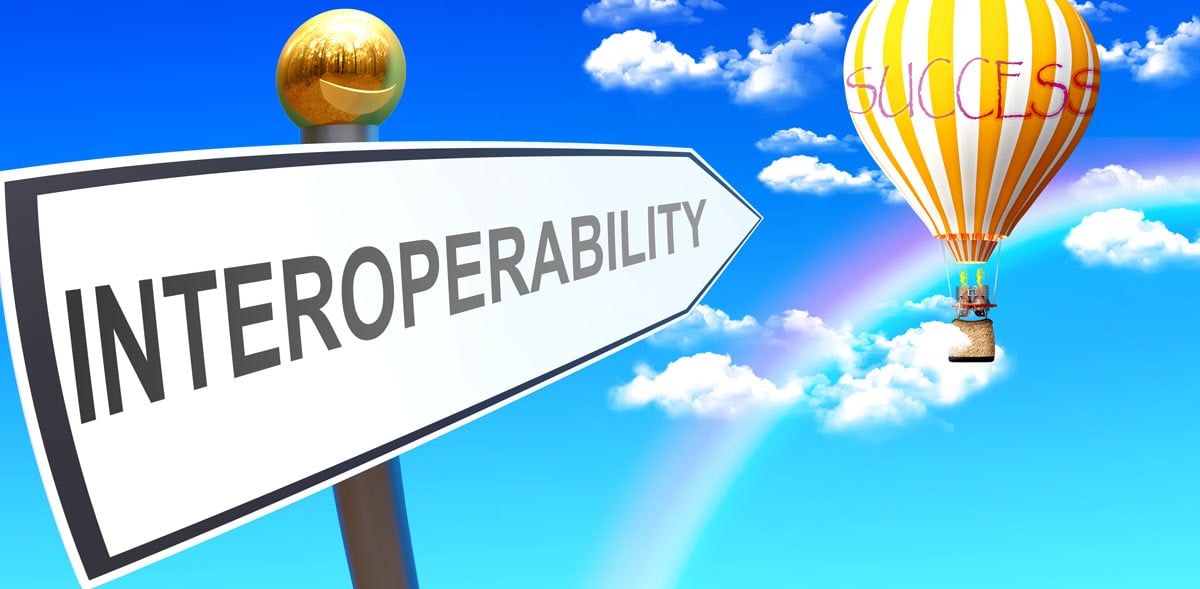US Education Foundations
In the last quarter-century, the US state quadrupled its budget in the education sector rising from17.1 billion to 68.3 billion USD according to the US Department of Education. Despite this, the loopholes in the system are increasing, the gaps are widening within the American population, minorities being the most affected by the limits of the education system. Indeed, About a fifth of American 15-year-olds do not have basic competence in science; 23% can’t use math in daily life. While challenges and difficulties are accumulating in the sector, new alternatives are emerging on the horizon of the last decade.
In parallel to the traditional and classical model, the emergence of education foundations played an important role in the creation and diffusion of online educational content. The special feature of these new learning structures is to open an access to education for everyone and everywhere. Free access, quality, flexibility, and customization characterize this innovative model. These foundations are tax exempt 501 (c) (3) non-profit organizations financed by private donors (philanthropies, corporations, individuals etc).
If non-profits like cK-12 or Khan Academy have become the reference and contribute significantly to the new "educational landscape", do they jeopardize the existence of textbooks?

Beyond the characteristics mentioned above, the foundations have allowed a tailored and adaptive learning conforming to the national standards, but also revolutionize the way students interface with textbooks, which can be burdensome, expensive, and slow to update.
The example of
In addition, the revolutionary Khan with Khan Academy Foundation has seen a rise in financial contributions, receiving around $24 million in 2015. These contributions fund the activities of the foundation. With thousands of videos and exercises created and broadcasted in 190 countries and more than 50 million users, Khan Academy has imposed a 100% successful digital learning experience. Not only is it an opportunity to access free education but it also excites learners with more interactive and visual tools. That’s the key success of this model. In this case, the textbook-free video content, offered in 36 languages, is continuously refreshed and updated.
Moreover, other foundations reorganized their strategy by encouraging the development of innovation and digital tools within the schools. In October 2017 the Bill and Melinda Gates Foundation announced that they are willing to “refocus the priorities of its educational philanthropy on supporting "locally driven solutions" for student achievement from networks of districts, schools, and teachers”.
The online education alternative raised by the diverse educational foundations cannot deny a promising future. A few days ago, the president announced a desire to cut 5% or 3.6 billion dollars from the education budget in 2019. With these cuts, the education foundations would have work alongside and continuously with the education department and government by investing in innovation fund and contributing largely to the deficit in the US Education Budget.
If the educational budget remains significantly important but the system continues to fail, education foundations will take more of the market in the education arena and develop innovative solutions based on digital, which can, in fact, jeopardize the textbook existence.

.png)




Leave a comment